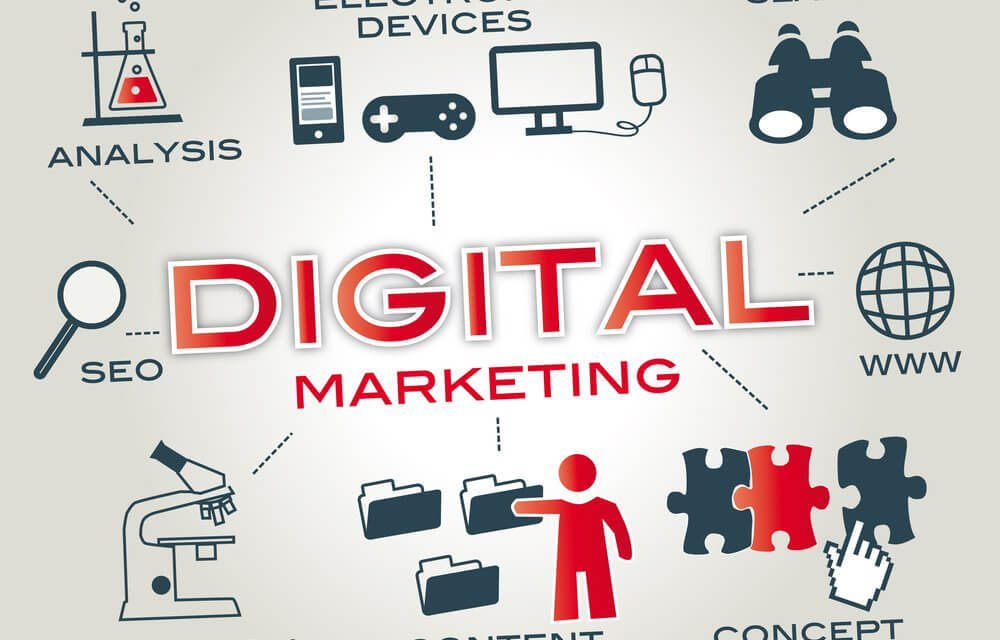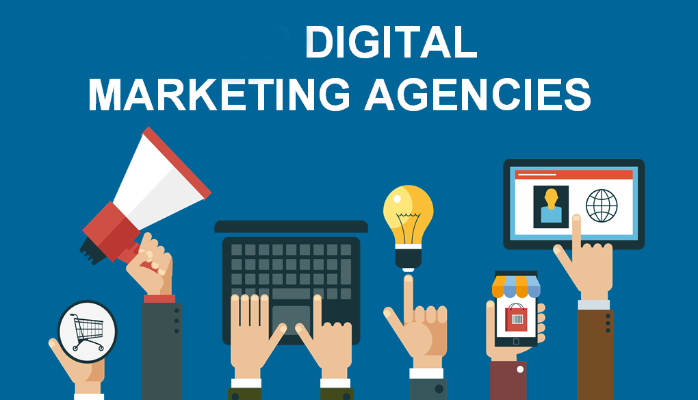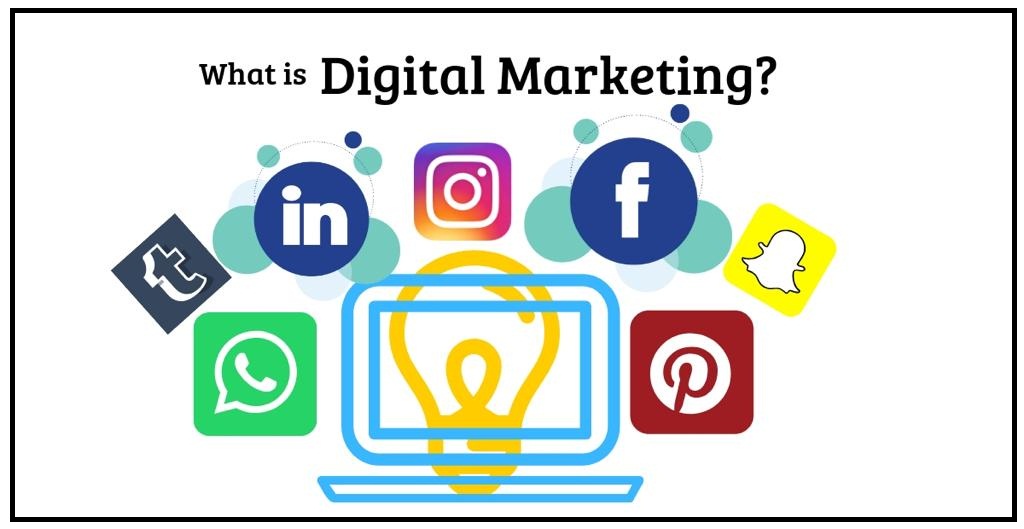Picture this: you’re sipping espresso in a cozy café in Barcelona, opening your laptop to check campaign results for a client… while your next payment hits your account.
This isn’t a daydream — it’s the reality for thousands of freelance digital marketers around the world.
The demand for freelance digital marketing has exploded in recent years. Businesses of all sizes need help to grow online, and they’re willing to pay for expertise. Whether you want a full-time career or a side hustle, you can start small and scale into a location-independent business that supports your lifestyle.

Content
1. Understand What Freelance Digital Marketing Involves
Freelance digital marketing is the art and science of helping businesses reach their audience, build their brand, and increase sales — all without being tied to one employer.
Common freelance digital marketing services:
- Social media management – Creating content, scheduling posts, and engaging with followers.
- Search engine optimization (SEO) – Improving website visibility in search results.
- Content marketing – Writing blog posts, articles, and web copy to attract and convert visitors.
- Email marketing – Building and nurturing customer lists with targeted campaigns.
- Pay-per-click (PPC) advertising – Managing Google Ads, Facebook Ads, and other paid campaigns.
- Analytics & reporting – Tracking performance and making data-driven improvements.
Pro Tip: You don’t have to do it all. Specializing in one or two services can help you stand out.
2. Learn the Essential Skills
You don’t need a degree to become a freelance digital marketer, but you do need solid skills. Fortunately, there are free and paid resources to help you learn quickly.
Key skills to develop:
- SEO basics – Understanding on-page, off-page, and technical SEO.
- Copywriting – Writing persuasive, engaging text that drives action.
- Social media trends – Knowing what’s working on Instagram, TikTok, and LinkedIn.
- Analytics – Using Google Analytics, Search Console, and other tools to measure success.
- Advertising platforms – Learning how to run Facebook, Instagram, and Google Ads effectively.
Learning Resources:
- Google Digital Garage – Free digital marketing fundamentals.
- HubSpot Academy – Free courses on SEO, content marketing, and more.
- Coursera / Udemy – Affordable skill-specific courses.
3. Build Your Personal Brand
In freelance work, you are the product. Clients hire you based on trust, expertise, and personality.
Steps to create a strong brand:
- Build a portfolio website – Show your services, testimonials, and examples of your work.
- Optimize your LinkedIn profile – Use keywords like freelance digital marketing, remote marketing consultant, and SEO expert.
- Create content regularly – Share insights on LinkedIn, Medium, or your blog to position yourself as an expert.
- Network online – Join Facebook groups, Slack communities, or forums where your target clients hang out.
4. Find Your First Clients
Finding your first clients can feel challenging, but once you get momentum, word-of-mouth will keep your pipeline full.
Ways to land work:
- Freelance platforms – Upwork, Fiverr, and PeoplePerHour are great for beginners.
- Direct outreach – Cold email small businesses and pitch your services.
- Referrals – Ask friends, family, or professional contacts if they know anyone who needs help.
- Local businesses – Even if you want to work remotely, your first clients could be in your city.
5. Set Your Rates and Manage Your Business
One of the biggest freelancer mistakes? Undercharging. You’re not just selling hours; you’re selling expertise.
Pricing tips:
- Start with an hourly rate, then move to project-based pricing.
- Consider retainer packages for recurring revenue.
- Research industry rates to stay competitive but profitable.
Business management essentials:
- Always use contracts to protect both sides.
- Set up an invoicing system like Wave or FreshBooks.
- Track your time with Toggl or Clockify.
6. Scale Your Business
Once you’ve mastered the basics, it’s time to grow beyond being a solo freelancer.
Scaling options:
- Raise your rates for new clients.
- Offer bundled services (e.g., SEO + content writing).
- Outsource tasks to other freelancers.
- Create digital products like templates, e-books, or online courses.
7. The Freedom of a Location-Independent Career
The best part about freelance digital marketing? You control where, when, and how you work.
Whether you want to travel the world or just avoid a daily commute, this career gives you the flexibility to design your ideal lifestyle.
Conclusion: Your Freelance Digital Marketing Journey Starts Now
Freelance digital marketing offers freedom, flexibility, and unlimited earning potential. By learning essential skills, building your personal brand, and taking consistent action, you can create a thriving business — and live life on your own terms.
Frequently Asked Questions
How much can a freelance digital marketer earn?
Earnings vary, but beginners can make $15–$30/hour, while experienced marketers can earn $50–$100+/hour.
How do I get clients without experience?
Offer free or discounted work to a few clients in exchange for testimonials, or work on personal projects to showcase skills.

Ryan Myers is a business blog author and writer. He graduated from the University of California, Berkeley in 2009 with a degree in Political Science. His favorite topics to write about are blogging for small businesses and becoming an entrepreneur.













